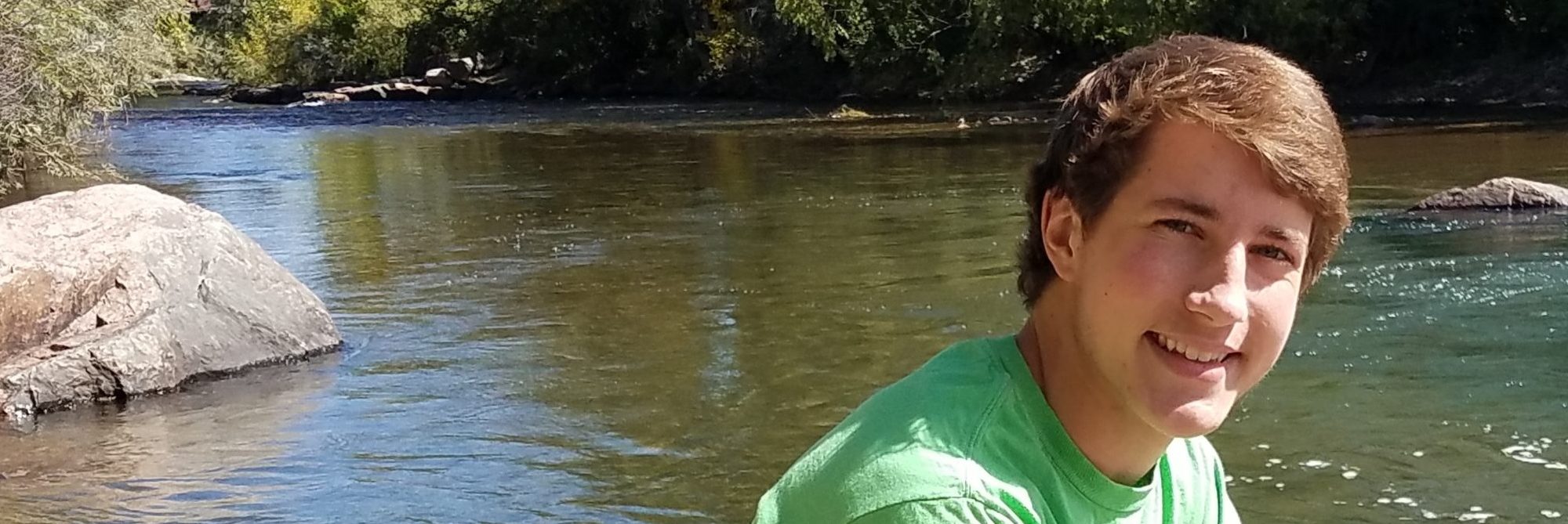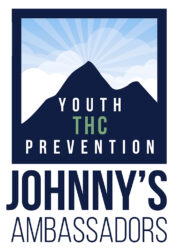
Many parents and their children perceive marijuana as safe. After all, the drug is getting legalized across the United States, and many assume that all it did in years past was make users giddy.
The problem is that today’s marijuana isn’t like it was in years past. In fact, marijuana flower is on average 26% more potent today than in the 1980s. Some marijuana products have even higher, more dangerous potencies. This concentrated form of the drug is especially harmful to the adolescent brain, as shown by an article published in January 2024 in ScienceNews.
Written by biomedical writer Aimee Cunningham, who holds an MA in science journalism from New York University, the article cites multiple studies about the effects of today’s high-potency marijuana on the teenage brain.
Cunningham writes about what happens when people use Delta-9-tetrahydrocannabiol, the psychoactive component in marijuana (also known as THC). THC binds to cannabinoid receptor 1 (CB1), a receptor in the body. This receptor, which affects organ development and the regulation of anxiety, pain, and memory, is known to cause structural changes in the developing brains of young adults.
The article also cites several studies about the dangers of marijuana use, just some of which found:
• An association between a thinning of the prefrontal cortex and adolescent cannabis use across 6 years
• A recent 13-fold increase in emergency department (ED) visits for cannabis hyperemesis syndrome (CHS), where high-potency cannabis use leads to stomach pain, nausea, and repeated vomiting
• The main reasons high school seniors try cannabis are related to coping with stress and anger
• Cannabis users aged 12–17 were twice as likely to develop depression or have suicidal ideation
Cunningham includes links to many other studies, which link marijuana with increased risks of psychosis, cannabis dependency, using other drugs, and more.
Only 35% of teenagers think that casually smoking marijuana poses a great risk of harm. This indicates a need for greater awareness, so teens understand that using THC is neither casual nor the solution to their problems—it can devastate their future.
To read the full article, visit this page.


One Reply to “The Teen Brain Is Especially Susceptible to the Harms of THC”